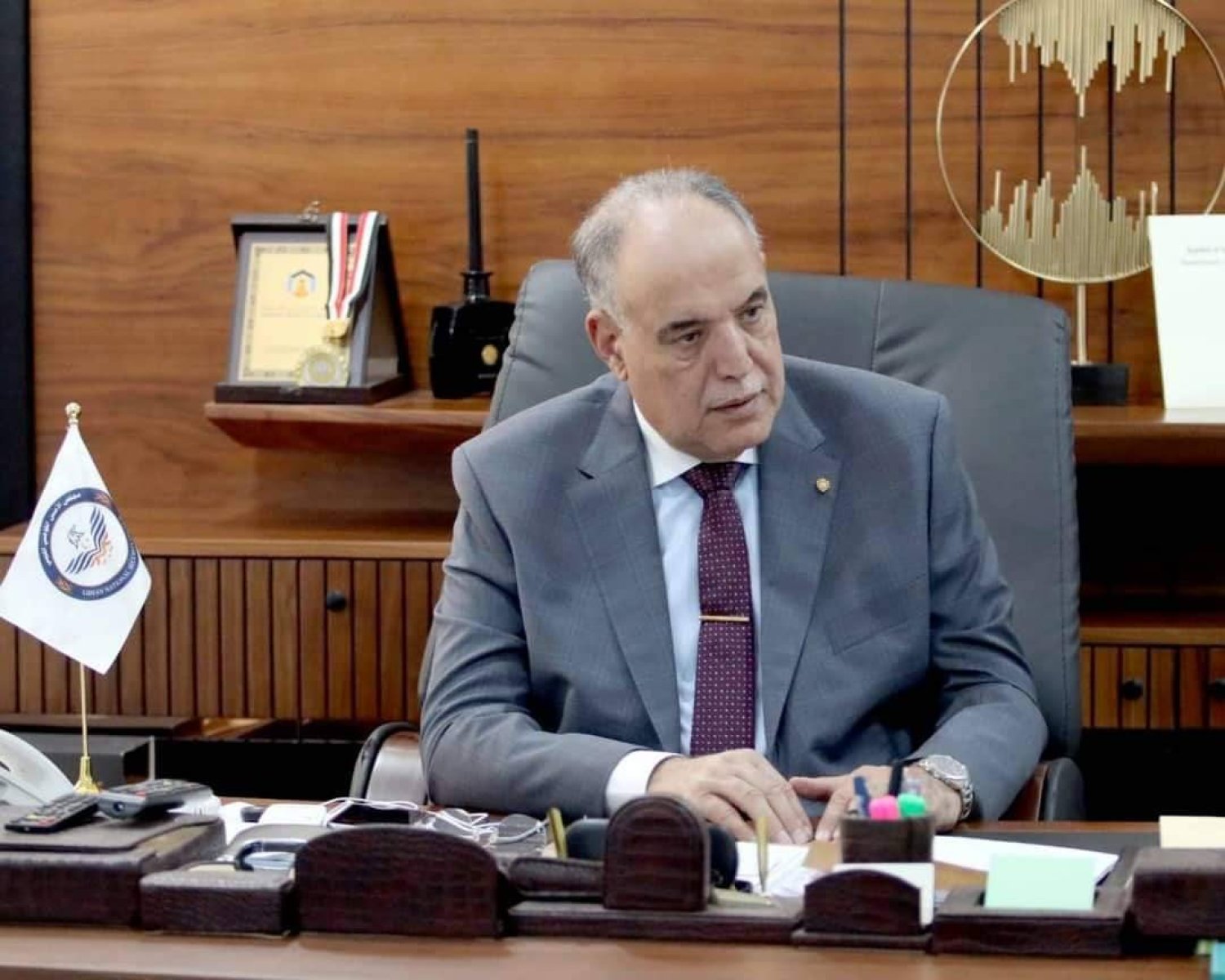Bushnaf: There is no seriousness in the international parties’ dealings with the Libyan file.
Pulbished on:
Benghazi, April 15, 2024 (LANA) - The Libyan National Security Advisor, Ibrahim Bushnaf, said that the political crisis in Libya can be addressed because it stems from fears and problems, and not from a religious or ethnic dispute, like other countries in the region.
In an interview with Al-Sharq Al-Awsat newspaper, Boushnaf ruled out the possibility of convening the five-party dialogue table that UN envoy Abdullah Batili called for months ago, stressing that there is no real seriousness in most international parties’ dealings with the Libyan file.
The Libyan National Security Advisor spoke about many issues in Libya, including armed formations, pointing out the need to find a solution for that segment, and said that they are Libyans, and it is not right to drag them into international conflicts that may be for the benefit of others.
Regarding his assessment of the extent of the risks to which Libya is exposed today, Bushnaf called for the need to understand that what happened in 2011 “was not the fall of the political system, as much as it was the fall of the state and its agencies,” pointing out that “the countries that have engaged in intervention in the arena since that date, which contributed to the complexity of the political crisis, and no real effort was made to help the Libyans restore their state.”
Regarding his assessment of the seriousness of international positions regarding the issue of removing foreign forces and mercenaries from Libya, he said: “There is no real seriousness in most international parties’ dealings with the Libyan file, and all we heard were assurances that are not supported by reality, and it seems that everyone is still in the stage of managing the crisis in Libya, and it is not solved."
Bushnaf referred to the joint meeting of members of the House of Representatives and the State that was held in Tunisia two months ago and the results it issued that can be built upon, calling on those in charge of it to expand the circle of participants and the issues raised for dialogue, by including components with weight in society, such as parties, unions, university presidents, and professors of economics and political science. .
Bushnaf touched on the recent escalating controversy over the presence of an American security company in the Libyan arena, and what is said is that the goal behind this is to try to undermine the Russian presence in the region.
He continued, "In general, we feel a great danger from international conflict on the Libyan scene, which we expressed in more than one report to the Council. He said: We are working to find rational joint formulas that are completely far from bias towards any party, to prevent North Africa from turning into an arena of major international confrontation."
He called for enabling Libyans to hold a referendum on the draft constitution drawn up by an elected body in 2017, to express their opinion on whether to approve it or not.
Bushnaf stressed the importance of paying attention to the population gap in the future, water scarcity and desertification, in addition to the continuation of Western projects to settle irregular migrants in Libya, the attack on Libyan investments abroad, the low standard of living and the spread of poverty.
Despite his confirmation of the decline in the presence of elements of extremist organizations inside Libya, Bushnaf called for attention to the fact that the current conflicts and unrest within some of the surrounding neighboring African countries may constitute a gateway to their restructuring.
The Libyan National Security Advisor pointed out the impact of the current political and governmental division on the work of the National Security Council. He stressed that the Council is in constant communication with all parties, east, west and south, and is always trying, through coordination with them, to advance efforts to resolve the crisis and overcome obstacles by allaying fears.




